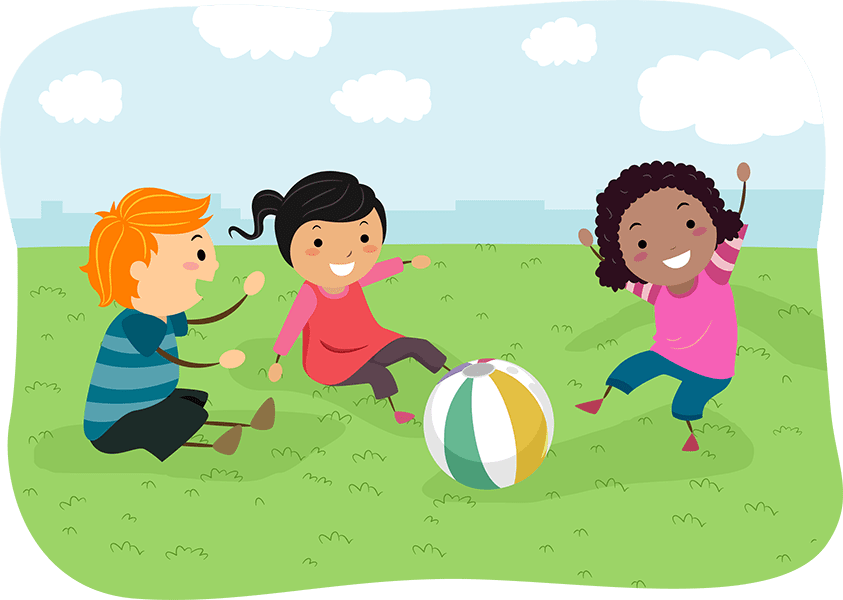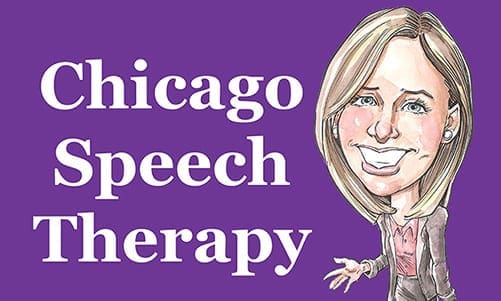Pragmatics & Social Language
Communication is a vital component of daily life, even starting as a newborn! Pragmatic language, or “social communication,” refers to using speech and language for social purposes. Pragmatic language is essential, as this language helps children communicate thoughts, feelings, emotions, and needs through both verbal and nonverbal means. Some of the areas included in pragmatics include conversation exchanges, turn-taking, eye contact during interactions, asking questions and waiting for responses, staying on the topic of conversation, and using appropriate language for the situation. Examples of nonverbal social language include facial expressions, gestures and body language, and appropriate personal space during interactions.
Children may benefit from speech therapy to help with pragmatics if they have difficulty in the following areas:
Children with a diagnosis of autism spectrum disorder (ASD) also frequently experience challenges with pragmatics and social language. Pediatric speech-language pathologists can help children build essential pragmatic and social language skills to improve functional communication skills in daily life.



